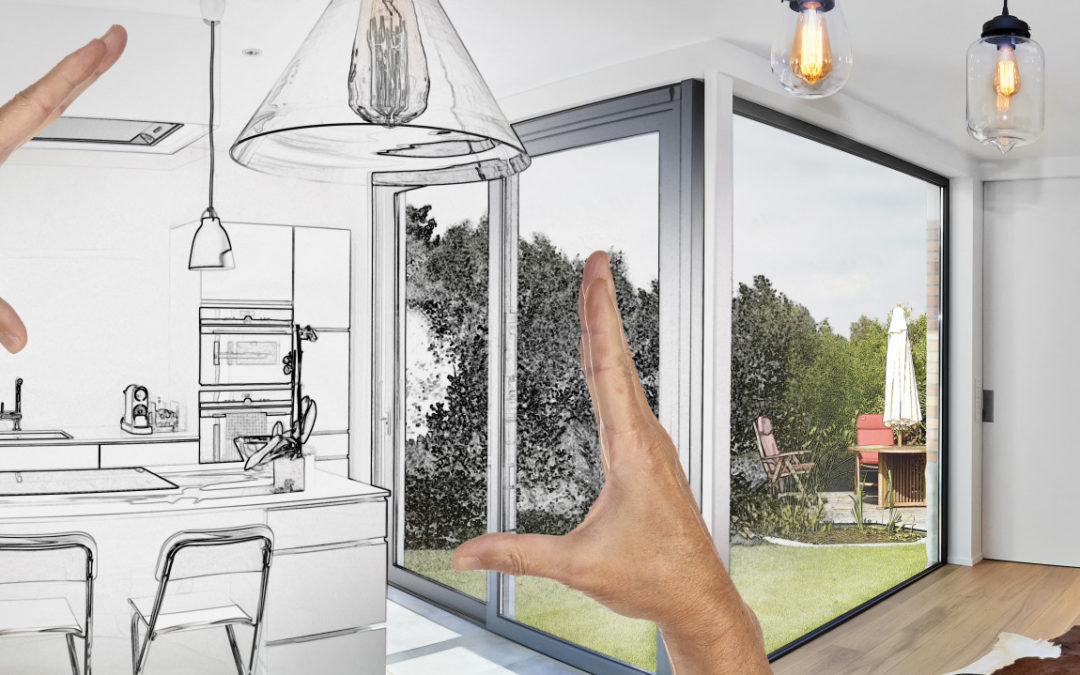Americans are big on home improvements, with 90 percent of homeowners admitting they have plans to remodel their homes within two years in 2019. For most homeowners, bathroom and kitchen remodels are the most preferred home renovation projects.
But more Americans are now considering much larger projects when it comes to home improvements. And when it comes to large projects, few can rival a home addition.
In today’s guide, we tell you all you need to know before embarking on a home addition project. Read on to learn more.
What Is a Home Addition?
A home addition refers to building onto an already existing house.
These additions come in many forms. For instance, you could be thinking of a small project, such as adding a sunroom to your house. Or you may want to go for something more extensive, such as an in-law suite complete with a bathroom and kitchen.
Either way, a home addition can enhance your living conditions in many ways.
What To Know When Planning a Home Addition Project
A home addition project is no mean feat. To get everything right on this home building task, you need to plan its execution carefully. Here are seven essential considerations to help you get everything right.
1. Your Key Objectives
Before embarking on any home remodel, you need to understand exactly what you’re doing. More importantly, you need to know why you’re doing it.
Sure, there are many benefits of home additions, but that doesn’t mean they’re always necessary. If you’re simply looking for a little extra space in your home, it may make more sense to simply adjust your decor or update your furniture to create more space.
Be clear on your goals first, and only get a home addition if you’re confident that it’s the ideal solution. After that, you can begin to search for design inspirations to help you achieve your vision.
2. The Value the Addition Adds To Your Home
Chances are you’ll want to sell your home at some point could also be that you plan to refinance or take out a HELOC someday. When that day comes, you’ll want your home to get the best possible appraisal.
Therefore, it’s essential to consider the resale value of the home addition before you embark on it. Sure, it’s not likely that you’ll turn a profit on the investment. But knowing how much value the project adds to your property helps you go into the job with realistic expectations about the return on investment.
3. Zoning Restrictions
Chances are your municipality has rules about what homeowners can build in specific locations. These rules also apply to home additions.
Note that zoning restrictions may vary. However, most municipalities don’t permit building within 20 feet of the front of your property in a residential area.
You’ll also want to get familiar with rules about the permitted height of buildings, how close to the wetlands you can get, and so on. Visit your local building department to know about any restrictions to avoid trouble with the authorities.
4. Available Space and Property Lines
How much space do you have to work on? This consideration is crucial when brainstorming your design options. Sometimes, it makes more sense to build upwards instead of extending sideways.
Where you’re considering building out, consider how the home addition will affect the areas around your house. Are there obstacles that you’ll need to move or relocate? Will you need to work around utility poles, power lines, or trees?
Remember to make sure that, once the project is complete, you still have ample outside living space.
5. How the Addition Ties Into Your House
Ultimately, you want to ensure that your home addition looks like it belongs with the rest of your property. Of course, you’ll also want to take advantage of the latest amenities while building the addition. That takes finesse.
How does the roofline of the addition connect to your house? Does the addition compliment the overall style of your home, from the interior decor to the exterior finish materials? Is the space modern and functional without being overly lifestyle-specific?
Fulfilling all of these requirements is easier said than done for most homeowners. Consider working with a seasoned designer for the best possible plan.
6. Your Budget
Every successful home remodel needs a budget. Your budget should direct the design of the home addition, not the other way around. Determine how you plan to finance your project.
The best way to keep costs low is to be clear on what your priorities are. Rank your wants and needs according to importance to keep your budget manageable.
7. The Construction Team
When you’re investing a fortune on a home improvement project, you want to get every detail right. That means hiring the right team for the project. That will require ample research.
One of the best ways to go about this is to list a few contractors and compare their qualities before choosing the right one for you. Recommendations from people you trust can direct you to some reliable firms you can work with. You may also want to read online reviews to get a good idea of what to expect from potential contractors.
Ultimately, you want to work with a licensed, experienced, and affordable contractor who has the necessary resources to turn your dream project into reality.
Getting a Home Addition Doesn’t Need To Be Hard
A home addition is an excellent way to have more functional space in your home. But to get the most out of your investment, you need to plan exceptionally well. The fundamental considerations we’ve outlined in this guide can prove helpful.
Are you interested in reliable contractor services near you? Please, contact us today for a consultation.
